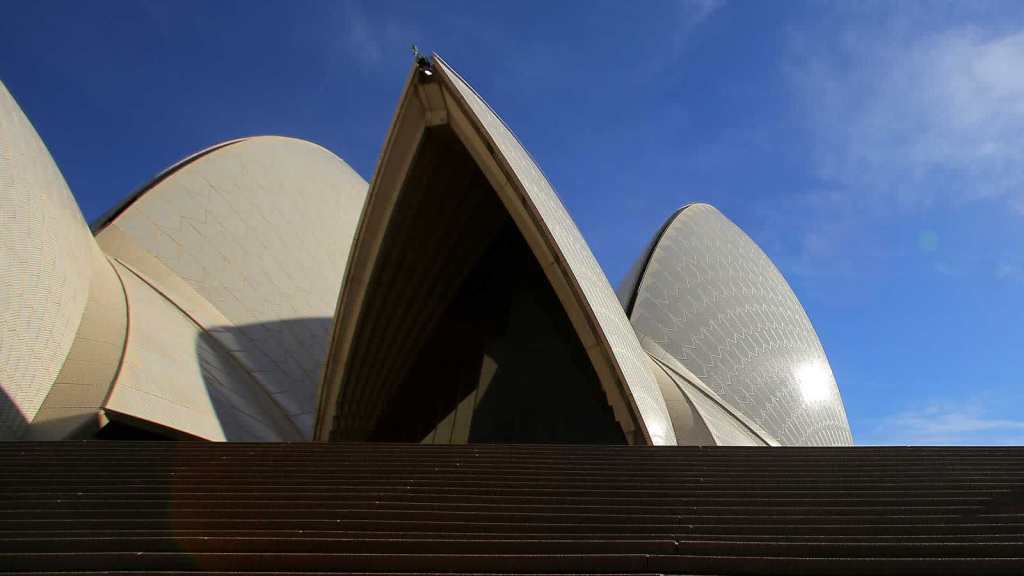A virus we know little about has infiltrated our boarders and is spreading aggressively, almost as fast as the misinformed rumours.
Naturally, media outlets reporting on the coronavirus non-stop. You can’t turn on the TV, open your laptop or read the paper without seeing it. With endless amounts of information to consume, it’s difficult to determine what’s legitimate and what’s not.
A viral hoax was recently doing the rounds, claiming Scott Morrison was going to declare a 14-day lockdown across Australia, which simply isn’t true. At least not yet — but the situation is changing across the globe by the minute.
During a national address on March 18, Morrison and his government ruled out an Italian-style lockdown, suggesting a short-term lockdown wouldn’t achieve anything.
It’s an example of why Aussies must be diligent consuming media during this time, ensuring they’re using legitimate sources.
We must use credible news outlets to find the latest changes, and rely on international or government sites like the World Health Organisation or Department of Health.
Fake news is one thing, but relaying it onto others is another. I can only imagine the information being spread through group chats at the moment.
By passively consuming inaccurate news it compromises the information we share with friends, family and even strangers.
This morning I overheard a conversation between two strangers standing in line at a depleted supermarket.
One customer advised the other that they should stock up on anything and everything because Australia will be going into lockdown and she wouldn’t be able to buy any food.
Despite the fact Scott Morrison already confirmed that wouldn’t be happening, supermarket CEOs have also advised Australians they won’t shut their doors.
Even Italy, a country locked down since March 9 is still operating its supermarkets and chemists.
It’s likely the lady in line was trying to help by providing advice, however her misunderstanding has the capacity to start a domino effect of false rumours and innuendo.
To fight the spread of such misinformation, the WHO has dedicated a page to COVID-19 myth busting. Dispelling gossip that it can’t be transmitted in the heat, killed by cold or banished by UV light.
The rumours have even developed into dangerous conspiracy theories, questioning the viruses’ origin.
There are currently about 35 companies and academic institutions around the world working on a vaccine. Dedicated professionals with degrees, lab coats who don’t yet understand the virus in its entirety, let alone you or I.
Understandably the virus is top of mind, encouraging everyone to discuss it — but given the prominence of fake news, the uncertainty around the virus and the vulnerable mindset of society, it’s important to try and steer our minds towards something else, even if only for a few minutes or hours a day.
We have some suggestions. Watch, read or listen to something happy and inspiring. Find something you’d like to upskill in, and learn something new over the weekend, and whatever your version of ‘self care’, spend some time doing something just for you.
—
The current health crisis is evolving rapidly. If you suspect you or a family member has coronavirus you should call (not visit) your GP or ring the national Coronavirus Health Information Hotline on 1800 020 080.







